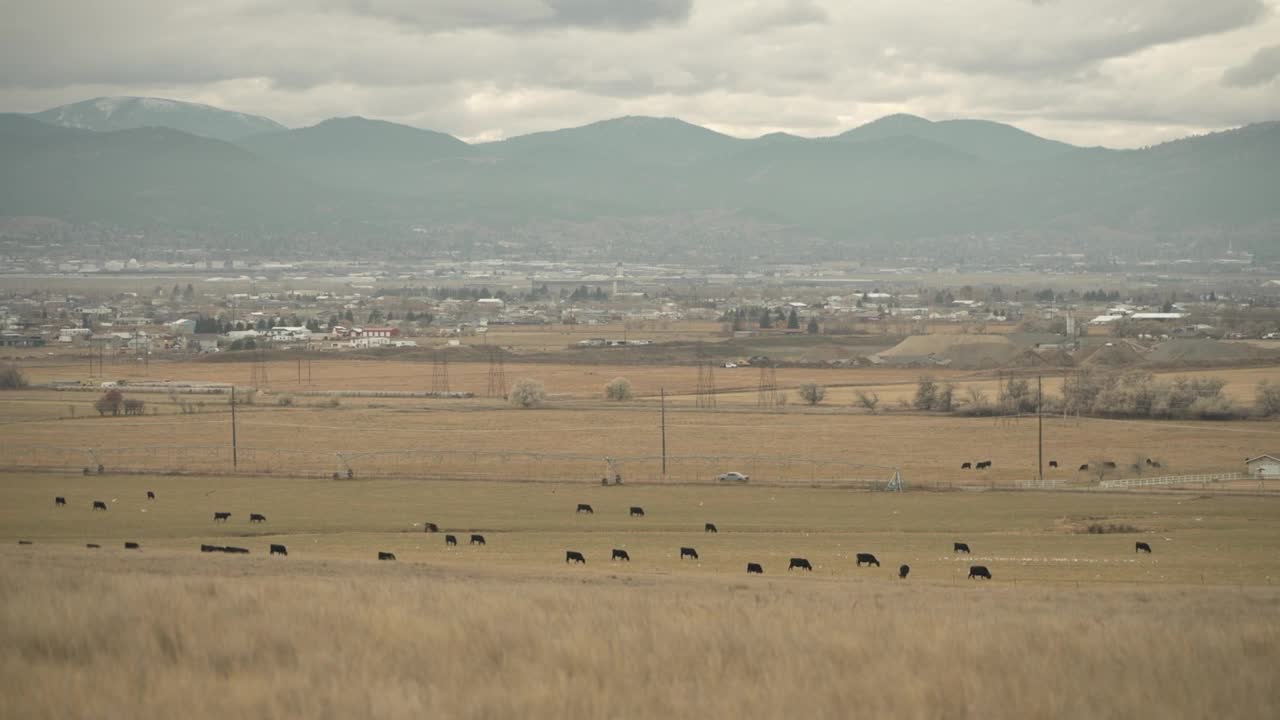HELENA — Earlier this month, MTN reported on changes in how the state of Montana is handling water rights for developments that use “exempt wells.” Now, a new lawsuit is challenging the use of exempt wells altogether.
A wide-ranging group of plaintiffs – including the Montana League of Cities and Towns, agriculture organizations and conservation groups – is suing the state and the Montana Department of Natural Resources and Conservation. They argue that the cumulative effects of exempt wells – relatively small water users that don’t need to go through the full process of securing a groundwater permit – are harming long-time water rights holders.
“There isn't an opportunity for other water users to get notice and potentially object to any things that might infringe on their water rights,” said Karli Johnson, state affairs coordinator for the Montana Farm Bureau Federation, one of the plaintiffs. “That's really an important piece.”
(Watch the video for more on plaintiffs' concerns about exempt wells.)
In places like the Helena Valley, there’s been a history of subdivisions built using exempt wells. The state allows developments to use exempt wells if they use less than 10 acre-feet of water per year. DNRC estimates a typical two-bedroom home uses about one-quarter of an acre-foot per year.
In their complaint, the plaintiffs said there have been about 141,000 groundwater appropriations through exempt wells between 1973 and 2023, with almost three-quarters of those being for domestic use or lawns and gardens. They argued there hasn’t been serious tracking on how the billions of gallons those wells could be using are affecting other water rights holders.
In Montana, as in other Western states, water law grants priority to the water right that was claimed the earliest. In so-called “closed basins,” which cover much of western Montana, no new water rights can be claimed, so a project wanting a water permit must reach an agreement with an existing rightsholder to offset their use.
When there’s a water shortage, holders of “senior water rights” dating back decades or more are allowed to “call” users with more recent “junior water rights” and demand they cut back their water use. Johnson said one of MFBF’s biggest concerns is that exempt wells make it harder to enforce a call when a farmer or rancher tries to make it.
“Water rights are private property rights, and those private property rights are in context of all the other water rights in the system,” she said. “When a portion of the water is being allocated outside the system, it affects everyone – and most of all, it affects the resource. In agriculture, it's very important to us to be good stewards of our resources.”
The League of Cities and Towns’ main argument is that exempt wells are depleting aquifers and threatening municipal water supplies – often based on senior water rights. Conservation groups, including the Clark Fork Coalition and Trout Unlimited, are worried about the impact the growing number of exempt wells will have on streamflows.
This is far from the first time the state’s exempt well policies have been challenged in court. It was a 2024 ruling in one of those lawsuits that led to DNRC changing its interpretation of when an well is considered a “combined appropriation” of water – leaving several subdivisions around the state in limbo, as reported by MTN.
Johnson said MFBF has been working with lawmakers on possible changes to the exempt well system for years, but that there hasn’t been a path to a solution.
“It's become apparent that we need a backstop and we need to know where the road ditches are, so that we can find a viable legislative solution,” she said.
With the demand for housing in Montana still high, MTN asked Johnson if getting rid of the exempt well option might make it harder for construction to keep up.
“The intent is to incentivize responsible development that goes through the proper process,” she said. “If your usage of water really isn't impacting anyone, it shouldn't be difficult to get a permit.”
A DNRC spokesperson told MTN the agency is reviewing the legal challenge, but that they won’t comment further on active litigation.



